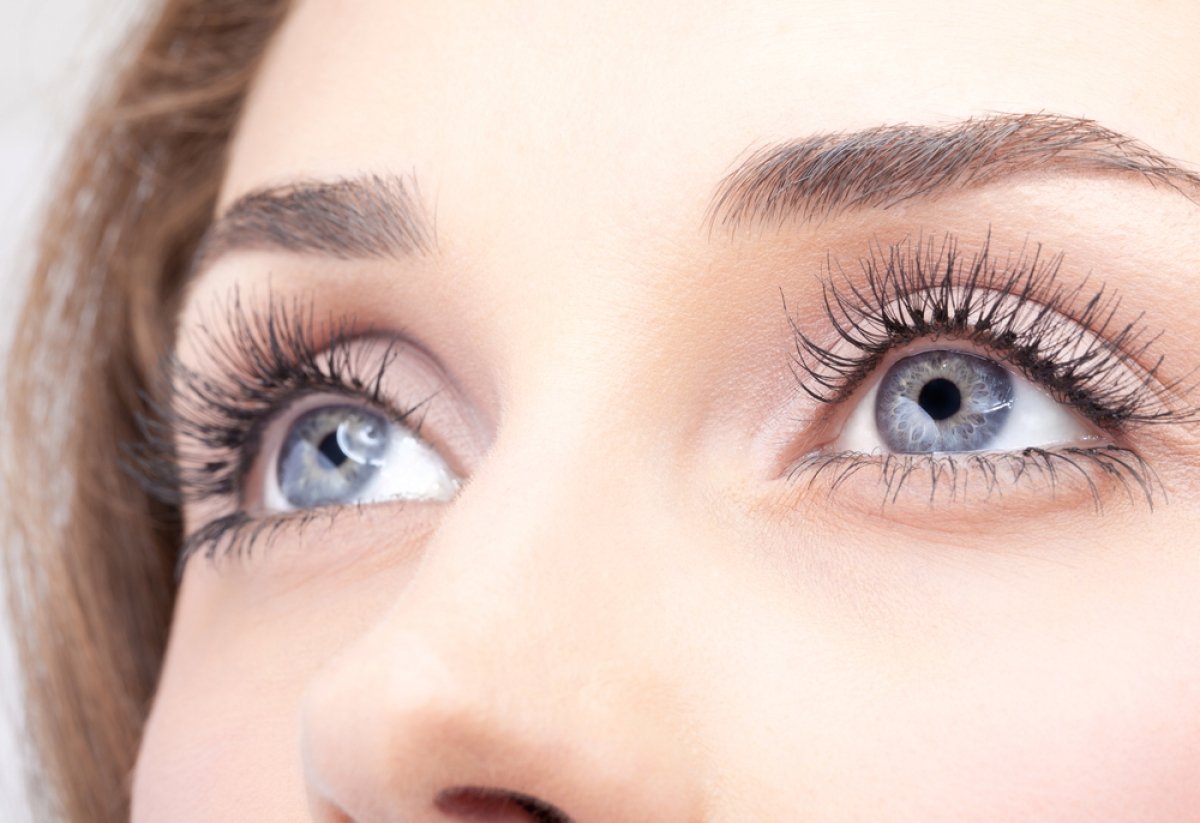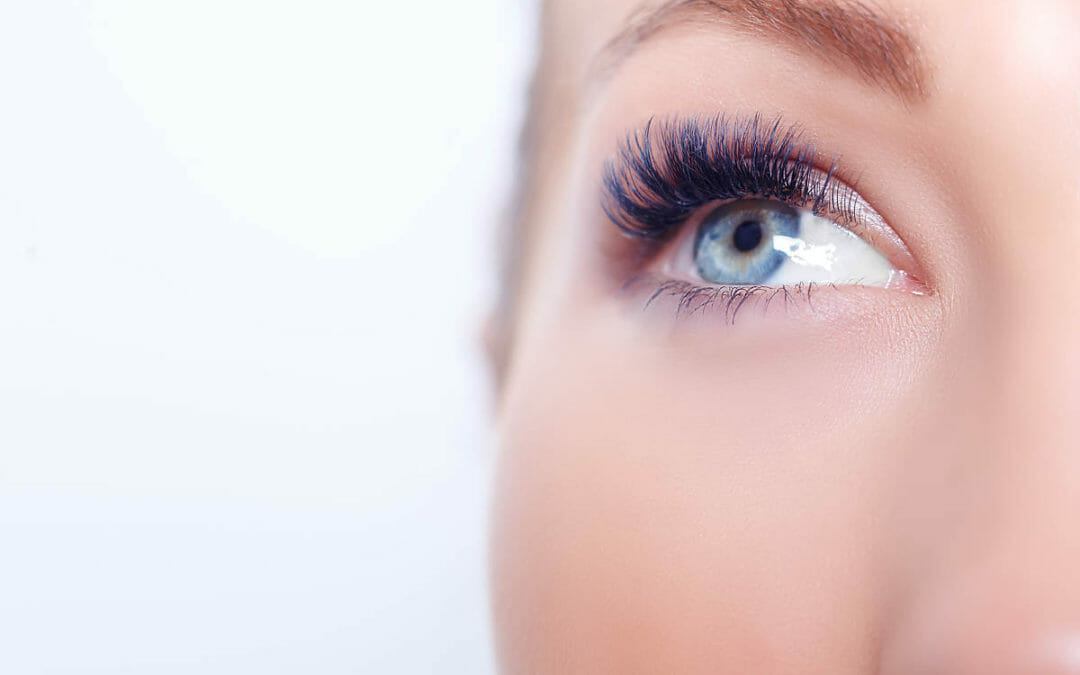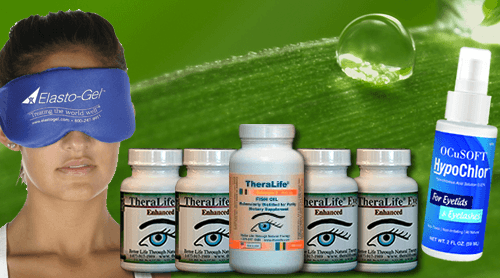In the past, doctors and patients have used various treatments to treat dry eye. The main goal of treatment is to reduce symptoms and restore the moisture in the eyes. This is the most important step in the curing process. However, a good dry eye cure may not be possible with over-the-counter products. Your doctor will advise you on how to improve the condition and how long it takes to see a noticeable change. In some cases, surgical intervention may be necessary.

Cures for Dry Eyes
Some dry eye cure methods include using eye drops, frequent lid washing, and intense-pulsed light therapy. In addition, many people find relief with over-the-counter lubricants. If you aren’t sure which treatments to choose, talk with your doctor. Over-the-counter lubricants are another option. You can also take prescription drops for dry eyes. If you have dry eyes, be sure to use them even if you feel fine. You may want to consult with your eye care provider about the best products to use.
Medications for Dry Eyes
There are a variety of medications available for dry eye. These medications usually involve taking artificial tears to reduce the symptoms and reduce the occurrence of other side effects. You can also get prescription drops that contain steroid medication to relieve inflammation. If your symptoms are caused by an underlying condition, you may be prescribed antibiotics. If you have recently tried new products that contain the ingredients of your dry eye cure, ask your doctor if you should stop using these and start using natural products instead.
One dry eye cure option that is not widely available is surgery. This surgery may be an option if you suffer from severe dry eye symptoms. This procedure involves making an incision in your lower eyelids to fix the problem and keep tears on the surface of your eyes. Although it’s not a common procedure, it can help you avoid the side effects of conventional surgery. If the symptoms are severe enough, your doctor may suggest eyelid surgery.
A dry eye cure will involve a combination of treatments. For example, your doctor may prescribe a steroid ointment to reduce the inflammatory condition and use a humidifier to prevent airborne contaminants from drying out your eyes. Additionally, your doctor may prescribe antibiotics, steroid ointments, and even an eyelid cleanser. These treatments are designed to alleviate the symptoms and restore moisture to your eyes.
Prescription Eye Drops
Other treatments include prescription drops. Amniotic membranes contain natural growth hormones and anti-inflammatories and are applied over the eyes like contact lenses. Amniotic eyedrops can help to reduce inflammation and restore moisture to the eyes. Some early studies indicate that amniotic membranes can improve the symptoms of dry eye. Besides prescription drops, you can also try some lifestyle changes, such as increasing humidity in the home and wearing sunglasses outdoors.
There are some simple lifestyle changes that you can make to lessen the severity of dry eye. You can increase the humidity in your home and wear sunglasses outside. You can also take supplements that can help your eyes produce more tears. A good dry eye cure may also involve a change in diet. While you should consult your doctor before taking any supplements, you should drink plenty of water and avoid smoking. A proper diet and plenty of sleep are essential to relieve your symptoms.
Aside from using artificial tears, you can also try a range of other remedies. You can try wrap-style sunglasses to protect your eyes from dust and wind. Some of these treatments can be done at home. Aside from artificial tears, you can also apply a topical solution for dry eyes. You can use mild baby shampoo to wash your eyes. This can help you avoid contact lens wear. This can help you avoid tearing and other complications of dry eye.
In addition to the above-mentioned remedies, you can also wear eye masks to increase the relative humidity in your home. Using an eye mask is also recommended for reducing the symptoms of dry eyes. There are also many medicines you should avoid as they can cause dryness of the eyes. For example, some antihistamines and certain blood pressure medications can cause problems with your eyes. If you are currently taking any of these, consult your doctor before you stop using them.




